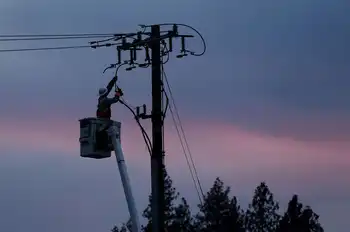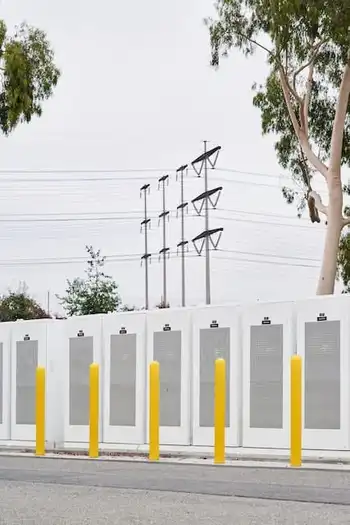Panel approves Smart Grid IEEE 1901 standard
PISCATAWAY, N.J. -- - IEEE, the world's largest professional organization advancing technology for humanity, recently announced that the Smart Grid Interoperability Panel SGIP and its Participating Members in Good Standing have approved the inclusion of IEEE 1901-2010 “IEEE Standard for Broadband over Power Line Networks: Medium Access Control and Physical Layer Specifications” into its “Catalog of Standards.”
"Having the SGIP approve the inclusion of our standard in its catalog underscores the importance of smart-grid expansion and advancement worldwide. We understand that collaboration among multiple organizations is paramount to the smart gridÂ’s success."
Established in December 2009 by the National Institute of Standards and Technology NIST as a public-private partnership, SGIP provides a framework for coordinating all smart grid stakeholders to help accelerate standards harmonization and advance the interoperability of smart grid devices and systems.
After the SGIPÂ’s board of governorsÂ’ recommendation, plenary voting among the panelÂ’s Participating Members in Good Standing resulted in the inclusion of the IEEE 1901 standard in its catalog, which is a collection of standards and practices that the SGIP considers to be relevant for the development and deployment of a robust, interoperable and secure smart grid.
"The IEEE Standards Association IEEE-SA is honored that the SGIP has recognized the importance of IEEE 1901 to the future of smart-grid deployment and its ongoing development," said Bill Ash, strategic program manager with the IEEE-SA. "Having the SGIP approve the inclusion of our standard in its catalog underscores the importance of smart-grid expansion and advancement worldwide. We understand that collaboration among multiple organizations is paramount to the smart gridÂ’s success."
The IEEE 1901 standard was developed for the benefit of high-speed communication devices via electric power lines—also known as broadband over power line BPL. The standard delivers data rates in excess of 500 Mbps in LAN applications and is used with transmission frequencies below 100 MHz. In addition, the standard provides numerous benefits to utilities, service providers, consumer electronics companies, smart-meter providers and home appliance manufacturers—all organizations that have a stake in smart-grid technologies.
To review the SGIPÂ’s standard information form for IEEE 1901, please visit https://collaborate.nist.gov/twiki-sggrid/bin/view/SmartGrid/SGIPCosSIFIEEE19012010.
Related News

Honda Accelerates Electric Vehicle Push with Massive Investment in Ontario
TORONTO - The automotive industry in Ontario is on the verge of a significant transformation as Honda announces plans to build a new electric vehicle (EV) assembly plant and a large-scale battery production facility in the province. According to several sources, Honda is prepared to invest an estimated $18.4 billion in this initiative, signalling a major commitment to accelerating the automaker's shift towards electrification.
Expanding Ontario's EV Ecosystem
This exciting new investment from Honda builds upon the growing momentum of electric vehicle development in Ontario. The province is already home to a burgeoning EV manufacturing ecosystem, with automakers…




